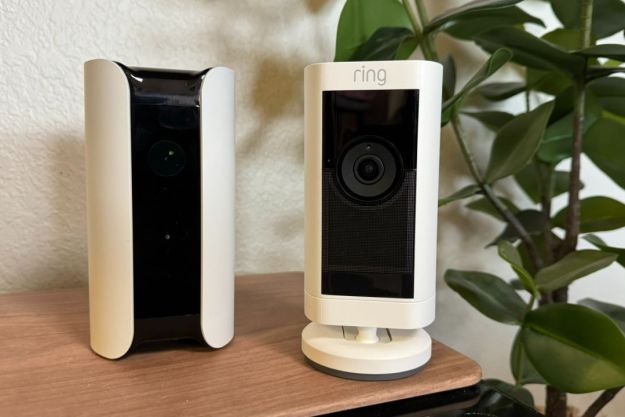
Homes around the country are getting a lot smarter as more and more people introduce internet-connected devices into their living quarters. What’s driving the growth? According to a study commissioned by the Home Depot, having a kid in your home often influences the decision to buy smart appliances.
More than three-fourths of the people surveyed cited kids as the biggest reason for buying smart home devices — though they didn’t limit the definition to just children under the age of 18. Millennials and baby boomers still have influence over their parents, and have urged them to add internet-connected products to their home, the survey found.
On its face, those findings would seem to check out. Smart home devices can make some tasks much easier and generally have approachable ways of interacting with them thanks to popular voice assistants like Amazon’s Alexa, Google’s Assistant, and Apple’s Siri. That can lower the learning curve and make seemingly high-tech gadgets much more approachable. They also make it easier for children of any age to stay in touch with their parents in a way that is familiar to them.
The survey further backs this up by pointing out that 90 percent of respondents said they believe smart home devices make life easier for aging adults and may allow them to continue living independently in their own homes by simplifying or even automating some tasks.
Outside of the influence of the younger generations, people have a number of motivations to add smart tech to their homes. At the top of the list of Home Depot’s survey was security, with more than one in four people purchasing smart devices to lock down their homes. Nearly 20 percent bought the products for convenience and to have more control over their entire home, while 13 percent said they bought smart appliances to save on energy costs.
Once internet-connected devices have made their way into the home, owners reported being surprised by a number of things. Nearly two in five people mentioned how easy the tech is to install and set up. Thirty-seven percent of those surveyed said they were impressed by the additional security the devices provide them with. Another 35 percent of respondents liked the ease of use that the devices offer.
Editors' Recommendations
- Blink Mini 2 vs. Wyze Cam v4: Which is the better budget security camera?
- Ring is launching its first integrated pan-tilt security camera later this year
- Blink Mini 2 vs. Ring Stick Up Cam Pro: Which is the best security camera?
- Blink Mini 2 vs. Blink Mini: Is Amazon’s new security camera a worthy upgrade?
- Echo Hub vs. Echo Show 15: Which is the best smart home gadget?


